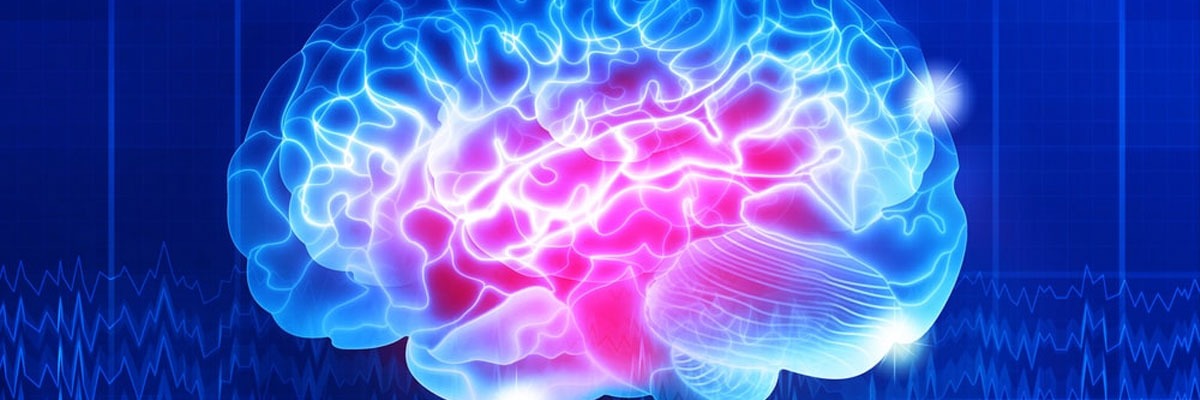
How do the best neurologists in Dubai monitor brain health through advanced diagnostic tools?
In the modern era, the medical landscape is evolving. The doctors and neurologists are no longer relying on traditional diagnosis and treatment methods. Nowadays, neurologists are using cutting-edge technology to evaluate, monitor and manage neurological conditions. When state-of-the-art technology is used in diagnosing the conditions, the patient can expect quick recovery. The best neurologists in Dubai utilize advanced tools to quickly identify the root causes and begin the treatment.
Why should we take proper care of brain health?
Every year, millions of lives around the globe are affected due to neurological disorders. From epilepsy, migraine, strokes to neuro-degenerative diseases such as Parkinson to Alzheimer are held responsible for spoiling the quality of life. Luckily, we live in the era of innovation, cutting-edge technology where early detection, precise diagnosis and personalized treatment can deliver good results.
State-of-the-art diagnostic tools: Assisting in precise assessment
The best neurologist doctors in Dubai aim to deliver excellent results, and they use cutting-edge diagnostic equipment. Precise diagnosis is the founding stone of highly effective neurological care. With the help of sophisticated machines, the specialist neurologist can quickly detect the conditions. Let us learn more about advanced diagnostic tools that help neurologists in providing specialized care:
Magnetic Resonance Imaging (MRI) and Functional MRI (fMRI)
In the current era, MRI technology helps neurologists to get detailed insights about the brain activity. It has become easier for the neurologist to understand how different sections of the brain are responding to stimuli and tasks. While planning a treatment for conditions like brain tumor, epilepsy or stroke rehabilitation, the findings play a valuable role.
CT and PET Scans
With the help of Computed Tomography (CT) and Positron Emission Tomography (PET) Scans, it has become possible to visualize brain structure and function. The advanced 3D imaging and advanced analysis technologies assist neurologists to detect vascular anomalies, tumors and even the early signs of neuro-degenerative diseases with great precision.
Video EEG monitoring and Electroencephalogram (EEG)
As the EEG technology has advanced in an impressive manner, continuous monitoring of the brain’s electrical activity has become possible. By using Video EEG, the neurologist quickly correlated abnormal brain activity or seizures with the patient’s behavior. This helps to improve the diagnosis accuracy for seizure disorders and epilepsy.
How does advanced diagnostics help to improve the treatment?
Advanced diagnostics is not just about imaging but also covers precision medicine. An expert neurologist aims to quickly identify the root causes so that:
- It becomes easy to create personalized treatment plans.
- Minimize unnecessary procedures.
- Easily track the disease progression.
- Preventive measures can be taken before the condition worsens.
For example, by using advanced technologies such as fMRI, there is limited need for invasive procedures, and this certainly reduces risks. Advanced imaging techniques detect even small anomalies that are sometimes overlooked or neglected during conventional scans
How do patients benefit from the advancements?
- Early detection such as that of Alzheimer diseases allows quick intervention that slows cognitive decline.
- High precision MRI helps stroke patients to regain mobility in a fast manner.
- Video EEG monitoring enables precise diagnosis of complex seizure disorders.
All these clearly demonstrate how sophisticated diagnostic tools actively help to create the best treatment plan and improve the quality of life.
What is the future of brain health diagnostics?
In the near future, neurologists will make use of far more advanced diagnostic technologies that will enhance imaging interpretation. It will be easy to anticipate the disease progression. Undeniably, the growing use of non-invasive tools have made monitoring continuous and convenient. By using cutting-edge diagnostic tools, it is easy to detect problems in early stages and quick intervention becomes possible.
Conclusion
Brain health should receive top priority because it is fundamental to overall well-being. Relying simply on conventional assessment is very risky. EEG, fMRI and various other imaging techniques are truly transforming neurology in Dubai. The experienced neurologists make good use of these technologies to provide precise diagnosis, prepare personalized treatment plans and ensure better outcomes. In the current era, by keeping sophisticated technology at the forefront, Dubai has started setting a global standard in neurological care.
By using the advanced imaging results and genetic analysis, the neurologists quickly design precise treatment plans. With the help of the proper medication, lifestyle adjustments, it is possible to protect brain and thus improve the overall quality of life.


